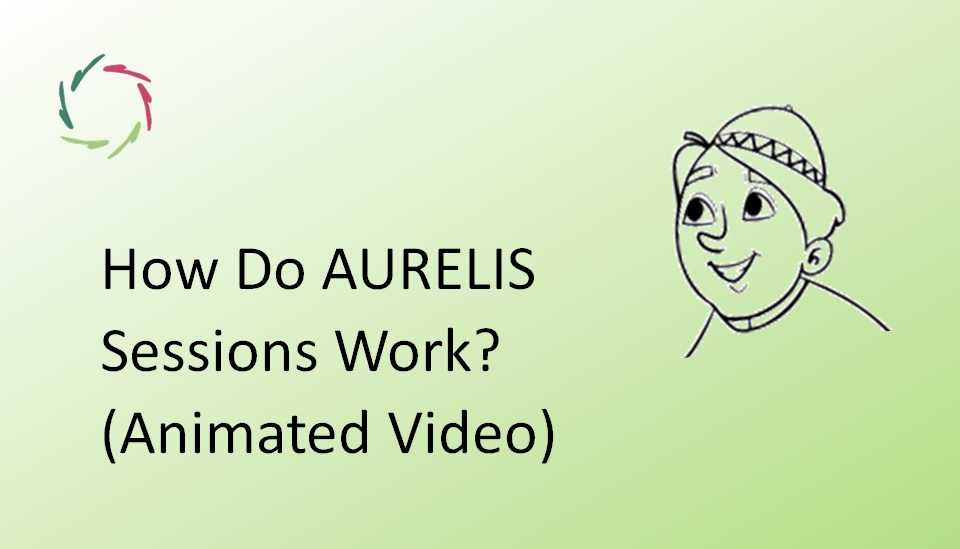Accept and Commit

In-depth, these two concepts are much intertwined to such a degree that they can be seen as the basis of an undivided philosophy of life ― quite congruent with AURELIS.
For instance, burnout
I have described burnout using this metaphor: an evolution from caterpillar to chrysalis to butterfly. The ostensible burnout phase happens in the chrysalid stage when the caterpillar phase – just chewing what comes along – doesn’t satisfy anymore. “Is this all I can expect from life?” becomes a question that more and more imperatively demands an answer, whether consciously or not, from the caterpillar. One option is to turn oneself into a temporary chrysalis and contemplate.
The chrysalis can stay or slide back, or it can accept the call to action and commit to becoming a butterfly. The latter is an uneasy challenge.
More generally
One can discern the same choice in many health-related circumstances. Do you just want to get rid of the symptom (chronic pain, for instance), or do you want to accept the challenge, grow, and commit to becoming someone with new perspectives and possibilities, to really mean something more for oneself and others than what one has gotten used to?
Many symptoms can be seen as the result of staying put. Psychosomatic symptoms are direct calls from nature. Do you accept the call? Do you profoundly listen to it?
After that, do you also let yourself go along with this call? This is, do you ‘commit’ to the direction this call urges you into?
Acceptance and Commitment Therapy (ACT)
This is a relatively recent therapeutic modality seen by many as a member of the ‘Cognitive Behavioral Therapy’ family of psychotherapies. I rather see some possible overlap and some possible non-overlap.
Within ACT, the A and the C are not easy concepts and can be profoundly misunderstood, mainly as tasks that one needs to accomplish mechanically from a stance of active control. In this vein, ‘accepting’ and ‘committing’ also lead to the desired effect without profound involvement and whether or not one is ready as a total person to attain this provided effect.
Within ACT, the A and the C can also be seen as more spontaneous, less under exclusively conscious control, almost as the result of suggestions. That’s where it comes increasingly closer to AURELIS. The focus on the client’s and therapist’s flexibility and the alliance itself – including the learning together – as ‘therapeutic methodology’ also brings them close. Not surprisingly, both end up being a way of life.
Meditatively speaking, ACT can result in the follow adage: “Accept the moment and commit flexibly to the change the next moment may bring.”
The Aurelian’ accept and commit’
AURELIS is a growth philosophy. This is, you accept (what happens, the goal) from who you are, and you grow from who you are. You don’t try to accept anything that isn’t congruent with yourself. You don’t commit to changing into someone else than you basically are.
You are a growing entity, a piece of nature. The growth itself is an essential part of what to accept and commit to. You are not an automaton that is supposed to remain the same automaton unit it stops functioning.
I see ACT, therefore, not as a set of instructions, but as an openness to flexibility, with the client being curious about what will come out of this, therefore not controlling what comes. Expect the unexpected. De-fuse what has been fused too much. Let the flower bud blossom. Let yourself become the better you who will, this way, not need the symptom so much anymore. You get rid of your chronic pain – or part of it, or some purely negative perception of it – by following nature’s call.
This is basic to Lisa
As a Compassionate coaching chatbot, Lisa accepts you (the user) as you are, a living and growing organism. Lisa is committed to helping you as such.
Lisa also sees you from an ‘accept and commit’ perspective. She wants you to take responsibility in this direction. She doesn’t guide you towards being an automaton, a cheap robot. She respects you fully in your being an organism with acceptance and commitment as natural goals that need to be fostered and respected.
Maybe she might even want to be such an organism herself?


